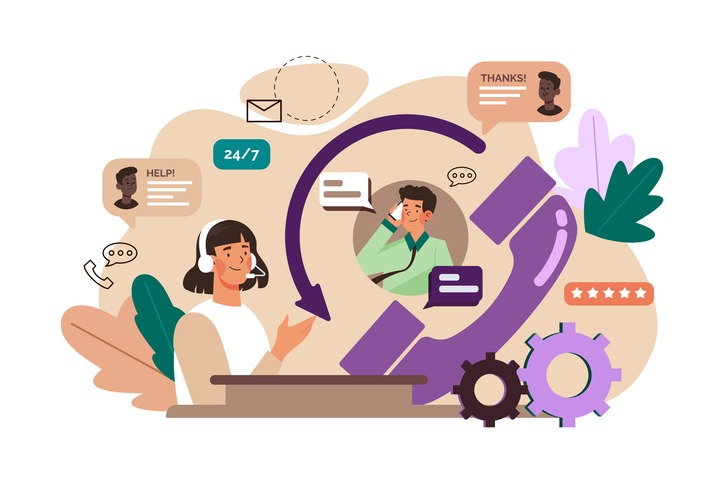
Patients are set to receive an enhanced NHS 111 service, including increased access to specialist paediatric advice for children, and direct access to urgent mental health support
CREDIT: This is an edited version of an article that originally appeared on NHS England
NHS 111 is offering increased access for parents and carers seeking health advice for children and young people by including support from paediatric clinicians, who will help them to either manage their illnesses at home or provide the best route for care.
The new service will help to avoid unnecessary hospital admissions by referring children directly for a same-day appointment with a specialist rather than attending A&E. To do this, the NHS is taking action in the following areas:
- The NHS app: NHS 111 will be integrated into the NHS app – which has over 30 million registered users – to make it even easier and more convenient for people to use.
- Embedding family support officers in A&E: in addition to expanding the NHS 111 offer for families and children, the plans will also see a new national scheme to embed family support workers across selected A&E sites – with at least one in every region – to provide support to children with non-urgent issues, plus outreach and additional support in community settings.
- Access to hospital data: the NHS is also increasing the amount of information that the public can access about their nearest hospitals, including new data on 12 hour A&E waits and discharge times, so that people can easily compare local services and make decisions about their care.
- Virtual wards: having already increased the number of virtual beds by half since last summer, the latest plans will see this increase to more than 10,000 ahead of next winter – allowing people to be cared for in their own homes and reducing hospital admissions.
This will include the further roll out of virtual wards for children and young people – with expanded provision across all regions by September and, with advances in diagnostic and remote monitoring technology, virtual wards are expected to be offered as an alternative to hospital care for a range of conditions.
- Paediatric hubs: also building on plans announced this winter, local areas will develop new paediatric hubs for acute respiratory infections in children and young people – with patients receiving same day access to care out of hospital while creating additional capacity for hospitals and ambulance services.
- NHS 24/7 system control centres: set up this winter in every local area, the system control centres are being extended to run all year round to manage demand and capacity across the entire country by constantly tracking beds and attendances – taking stock of all activity and performance. They will be led by teams of clinicians and experts and enable rapid decisions to be made in response to any emerging challenges – including where hospitals can benefit from mutual aid, or when to divert ambulances to another nearby hospital with more capacity.
The new plans will also see direct access to urgent mental health support across the country, with people being able to select the mental health option when they call up for help, and an increased number of clinicians – including retired staff and returners – working in NHS 111 to provide the enhanced offer to patients, with flexible working options available.
Bolstering the NHS 111 service is among wider, data-driven, measures being set out to support the recovery of urgent and emergency services by ensuring that people can access the appropriate service without feeling they have to go to A&E or call 999.


Be the first to comment